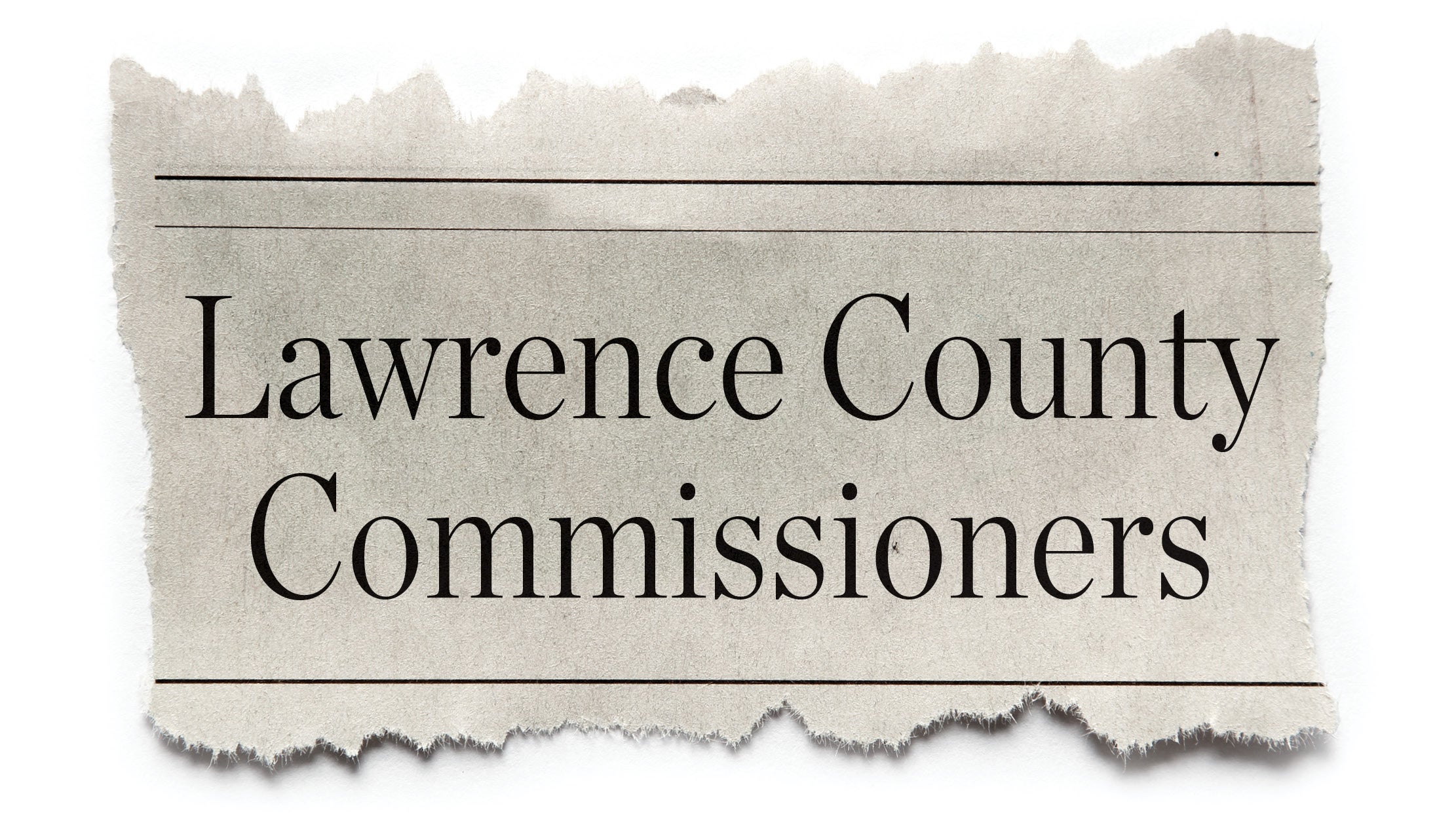MJ Wixsom: One bad review can do plenty of damage to vet
Published 12:00 am Tuesday, April 11, 2023
In today’s digital age, online reviews have become a significant factor in shaping consumer behavior.
From restaurants to retail stores, people increasingly rely on online reviews to inform their purchasing decisions.
This trend extends to veterinary medicine as well, with pet owners often turning to online reviews to find a veterinarian for their furry family members.
While online reviews can be a valuable tool for pet owners, they can also have a significant impact on the veterinarians they are reviewing.
Negative reviews can be particularly hurtful, as they not only damage a veterinarian’s reputation, but also have the potential to harm their business.
When a veterinarian receives a negative review, it can be challenging to separate their personal feelings from their professional responsibilities.
Many veterinarians view their work as a calling, and their patients as more than just animals – they are members of their extended family.
As such, when someone criticizes the quality of care they provide, it can be incredibly hurtful.
In addition to the emotional toll of negative reviews, they can also have real-world consequences for veterinarians.
Studies have shown that a single negative review can deter potential clients from seeking care from a particular veterinarian, even if the review is not entirely accurate or representative of the veterinarian’s overall quality of care.
This impact can be especially severe for smaller or independent practices that may not have the marketing resources or brand recognition of larger corporate veterinary clinics.
Negative reviews can have a significant impact on their ability to attract new clients and retain existing ones, which can ultimately affect the financial viability of the practice.
It’s important to note that not all negative reviews are unwarranted or malicious.
Veterinarians, like any healthcare provider, are human and can make mistakes.
However, in some cases, negative reviews may be left by individuals with an ulterior motive, such as competitors or disgruntled employees.
In these instances, it’s essential to approach the situation with a level head and consider the source of the review before taking any action.
It’s a well-known fact that people are more likely to leave a review when they have had a negative experience rather than a positive one.
This can lead to an imbalance in the types of reviews that are left, as people who have had a positive experience may not feel the need to leave a review.
This can be especially frustrating for veterinarians who work tirelessly to provide excellent care for their patients and clients, only to have their reputation tarnished by a few negative reviews. It’s important for pet owners to remember that there are often two sides to every story and to approach online reviews with a healthy dose of skepticism.
Additionally, if a pet owner has had a negative experience, it’s always better to address the issue directly with the veterinarian or practice manager rather than taking to the internet to leave a scathing review.
A client commented on a recent derogatory Facebook post. She sent me this: “My comment was that you were possibly the highest trained & continually training vet in this area, and that you always have gone above & beyond for hurt animals. That you have dedicated not just your work, but your life to helping animals.”
Not surprisingly, the comment was deleted and she was blocked by the poster.
Becoming a veterinarian is a long and challenging process that requires years of education, training, and dedication.
After completing a rigorous undergraduate degree, aspiring veterinarians must then earn a doctorate in veterinary medicine, which can cost upwards of $200,000 in tuition and fees alone. This expense is on top of the significant costs of attending college and preparing for the rigorous entrance exams required to gain acceptance to veterinary school.
Despite the financial and educational hurdles, many individuals pursue a career in veterinary medicine because of their love for animals and desire to provide the best possible care for them.
However, the stresses and pressures of the job can take a toll on even the most dedicated veterinarians.
Unfortunately, the impact of negative reviews can go beyond financial loss or damage to a veterinarian’s reputation.
The stress and pressure of negative reviews can lead to burnout and even suicide in some cases.
The veterinary profession has one of the highest rates of suicide among healthcare professionals, with studies showing that one in six veterinarians has considered suicide. It’s important for pet owners to understand the impact of their words and to approach online reviews with empathy and compassion.
It’s important to note that the addition of this paragraph is not indicative of any issues on the part of Dr. Wixsom.
It is simply an acknowledgment of the very real and pressing issue of veterinary mental health and the need for open and honest discussions about how negative reviews can contribute to stress and burnout in the profession.
Okay, so I do admit, they hurt.
I give my life, soul and livelihood to this and am met with derogatory half-truths.
Negative reviews can have a significant impact on the emotional well-being, financial success, and even physical health of veterinarians.
While online reviews can provide valuable feedback for veterinary practices, it’s essential for pet owners to be mindful of the potential consequences of their words.
As a responsible pet owner, it’s important to approach online reviews with a critical eye and remember that behind every review is a dedicated veterinarian who cares deeply for their patients.
MJ Wixsom, DVM MS is a best-selling Amazon author who practices at Guardian Animal Medical Center in Flatwoods, Ky. GuardianAnimal.com 606-928-6566.






